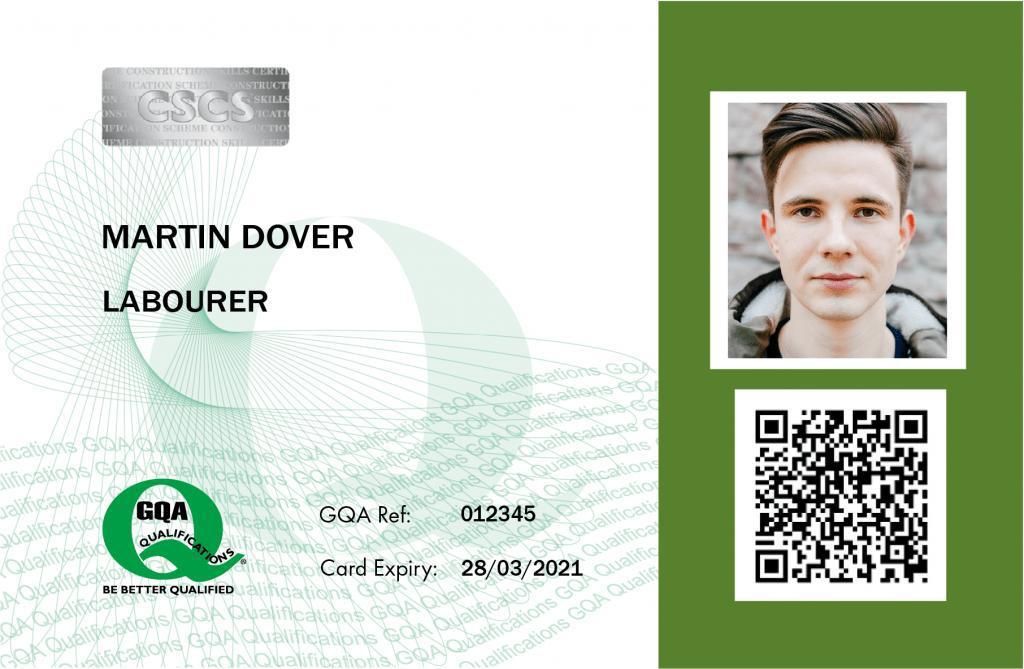The modern workplace is evolving, with an increasing emphasis on employee well-being as a cornerstone of organizational success. Mental health has emerged as a critical factor influencing productivity, engagement, and retention. Yet, despite growing awareness, many organizations struggle to create environments that genuinely support mental health. This course addresses this gap by equipping participants with the tools and knowledge necessary to foster a workplace culture that prioritizes psychological safety and inclusivity.
Research underscores the profound impact of mental health on workplace performance. According to the World Health Organization (WHO), depression and anxiety cost the global economy an estimated $1 trillion annually in lost productivity. Furthermore, Maslow’s Hierarchy of Needs highlights that psychological safety is a prerequisite for higher-level functioning, including creativity and collaboration. By integrating these frameworks into practical strategies, this course bridges theory and application, enabling participants to transform their workplaces into hubs of well-being and innovation.
One notable challenge is the stigma surrounding mental health discussions in professional settings. Many employees hesitate to disclose struggles due to fear of judgment or repercussions. For instance, a case study from a leading tech company revealed that only 30% of employees felt comfortable discussing mental health concerns with their managers. This course provides actionable steps to dismantle such barriers, fostering open dialogue and trust. Participants will explore real-world examples, such as how a multinational retail corporation implemented peer support programs that led to a 25% reduction in absenteeism.
Organizations that prioritize mental health see measurable benefits. A Harvard Business Review study found that companies investing in employee well-being outperform their peers by 2.3 to 1 in stock market performance. Beyond financial gains, these initiatives enhance morale, reduce turnover, and strengthen employer branding. For individuals, mastering this content empowers them to become advocates for change, positioning themselves as leaders in cultivating healthier work environments.
The course also delves into emerging trends, such as remote work's impact on mental health. With hybrid models becoming the norm, new challenges have arisen, including isolation and blurred boundaries between work and personal life. By addressing these dynamics, participants will gain insights into adapting traditional practices to meet contemporary needs. For example, a case study of a consulting firm demonstrated how flexible scheduling policies significantly improved team cohesion and job satisfaction.
Ultimately, "Creating a Mental Health-Friendly Workplace" is not just about compliance or ticking boxes—it’s about creating lasting cultural shifts. Through evidence-based strategies, interactive exercises, and expert guidance, this course prepares participants to lead with empathy and purpose, ensuring their organizations thrive in an era where mental health is no longer optional but essential.




















































